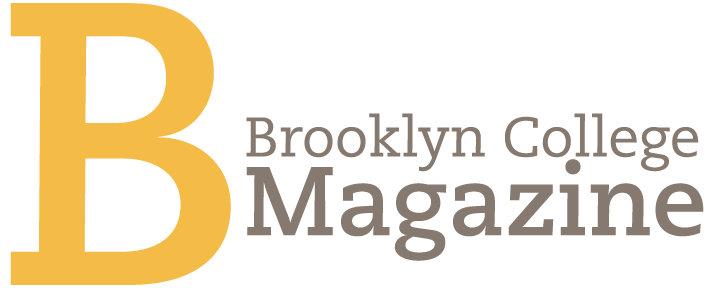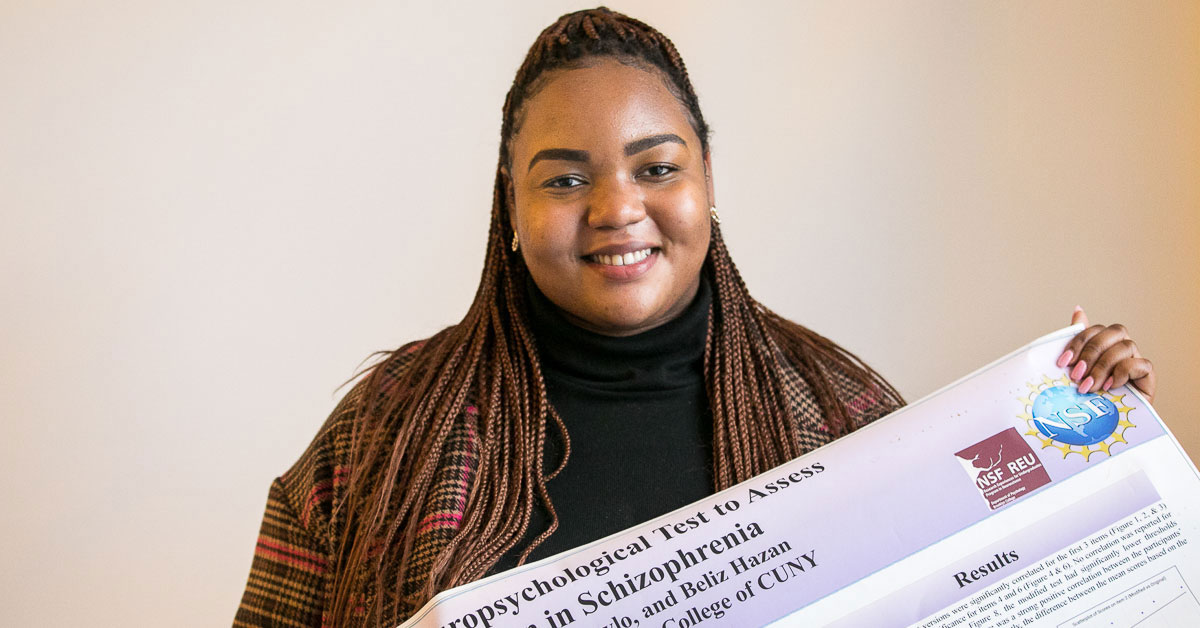Sustainability and Sustenance for All

Urban Sustainability major Gallilea Matias.
In spring 2019, urban sustainability major Gallilea Matias wasn’t even considering applying for fellowships. By that summer, she was in Mexico City examining the effects of economic class on access to fresh water, a trip earned via a Tow Undergraduate International Research Stipend. Says Matias, “I had many doubts about doing research in another country. I didn’t think I had the foundation for something like this, so I had made up my mind that I wasn’t going to apply.” Then a good friend told her that she was applying for a Mellon grant, and that made the Tow seem accessible to Matias.
Another big push came from Brown University Ph.D. candidate Apollonya Porcelli, who taught Matias’ Introduction to Sustainability class. “Professor Porcelli helped me to focus on just one research path and expand on it. She also helped me brainstorm my research questions and provided invaluable advice on conducting interviews.”
Once in Mexico, the Brooklyn resident interviewed family members, then took to the streets, visiting neighborhoods in various economic strata. “I used snowball sampling, where at the end of every interview I asked the interviewee, ‘Do you know of anyone else I could talk with about these topics?’ That’s how I started to build a more extensive network of interviewees.” What Matias found confirmed what she had experienced growing up in the capital city.
“In some neighborhoods that I lived in, we did not have heat or water during the winter months. I remember how this impacted my mornings when I needed to go to school and we would have to heat water on the stove for bathing,” says Matias. “My research revealed that, even today, what comes out of the faucets of homes in poor and lower-income neighborhoods is not drinkable. People in those communities have to pay for drinking water, which puts a significant strain on their income.” Matias found that the water filtration business is booming in Mexico City. But only the wealthier residents can afford high-quality filtered water, and only they have 24/7 access to it. “Poorer neighborhoods get water one or two times a week for an average of three hours a day,” she says, and cites poor infrastructure, exploitation, and lack of responsible government as factors contributing to the ongoing problem. “This does not only happen in Mexico. Not every state in the U.S. is privileged like New York when it comes to water. Look at Flint, Michigan, and even beyond.”
Matias feels that the Tow travel stipend, and the experience it provided her, has solidified her desire to go to graduate school. It also helped her attain her present-day job as a site coordinator for Corbin Hill Food Project, a farm-share program that makes fresh local food available to New York City neighborhoods that suffer from issues of accessibility, in this case to nourishment. Laid off from Corbin Hill due to the pandemic, Matias is writing a book inspired by her research in Mexico. Tentatively titled All Things Water: The Third World War it is to be published next spring by New Degree Press.
In the meantime, Matias sees herself in pursuit of a Rhodes Scholarship or a Fulbright Grant, and is looking at her next line of research, possibly on the various uses of hemp, particularly as a more sustainable option for use as building material. “I haven’t made my mind up about a specific career,” says Matias. “I want to dip my feet into everything.”


